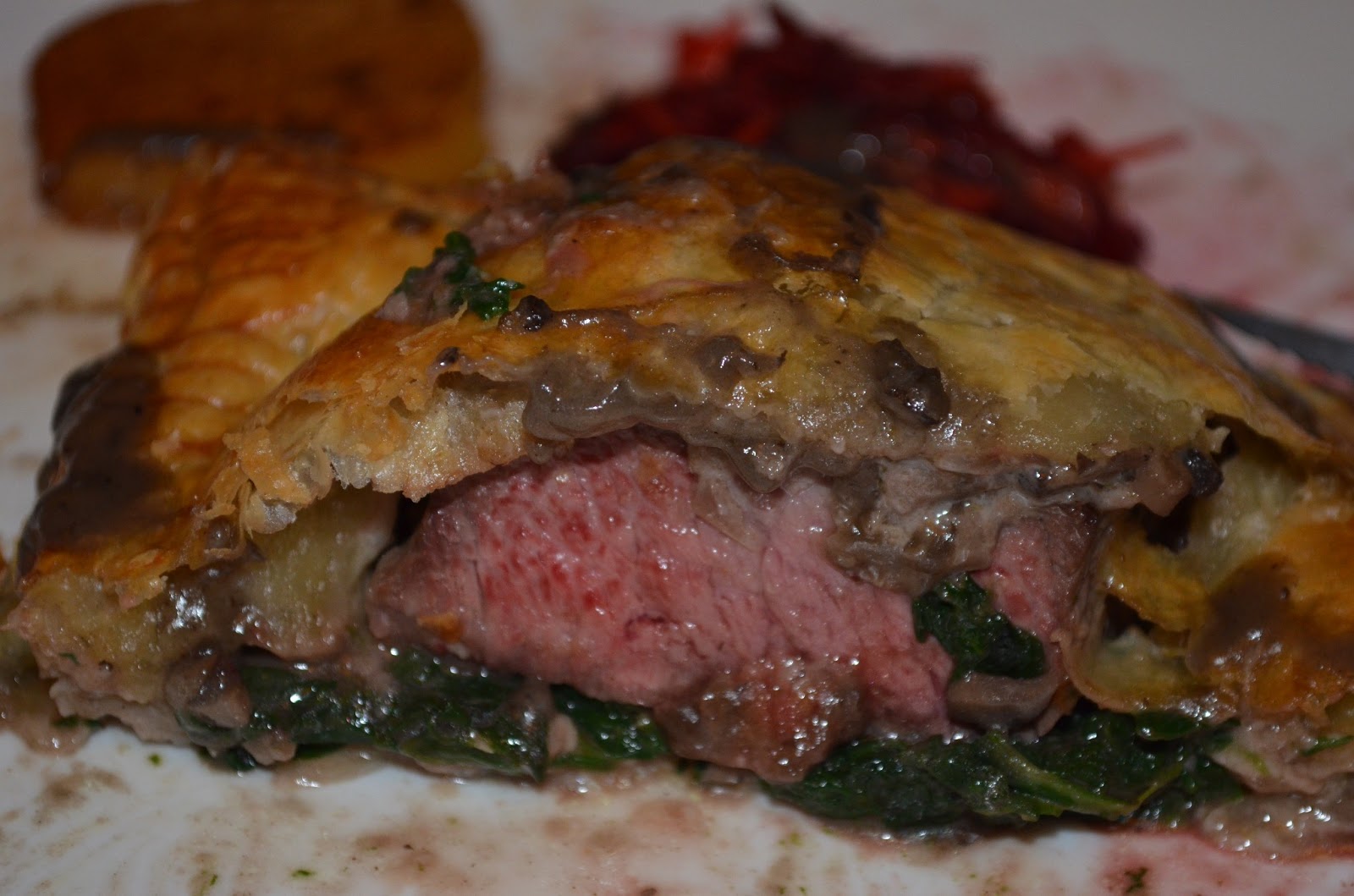These items got me intrigued. Extensive further research (two minutes on Google) has revealed the following perfectly edible items appearing in cosmetic products:
Coconut
Almond
Lime
Elderflower
Mango
Satsuma
Lemon
Fennel
Haddock
Avocado
Olive
Ginger
Banana
Alright, I was joking about the haddock, but still. In the midst of an imminent global food crisis, cosmetics companies insist on putting food into stuff that, instead of eating, we rub all over ourselves! And for non-recreational purposes! This is crazy! I'm frankly amazed that Coldplay haven't done something about it.
Excuse my rant, but I think this list is interesting because turnip doesn't appear in it. Indeed, I reckon any cosmetic product that contained turnip would struggle in terms of worldwide sales. I blame the name. 'Turnip'. Unlike purple sprouting broccoli, it does not inspire sonnetry. Nor is it any more exciting in other languages. In French: navet. German: Rübe. Spanish: nabo. Portuguese: nabo. Danish: majroe. Gujarati: સલગમ (નો છોડ). Italian: rapa. Swedish: turnip. No wonder it struggles to get attention.
In the classic 'Withnail & I', the late, great Richard Griffiths delivers the immortal line 'There is, you'll agree, a certain je ne ses quoi oh-so-very-special about a firm, young, carrot.' And I think the same might be said of a turnip. A firm, young, turnip is a very pretty thing, with its blush of pink. However, the thing that turned up in my bag this week was green, and enormous. It had 'curry' written all over it, in big letters.
Happily, Google yields 965,000 results for a search on turnip (or 'shalgam') curry. Compared with 26,000,000 for chicken curry, it's still not bad. I looked at a few of them, then ignored all of them and went about it thusly:
Turnip Curry
1 turnip the size, shape and colour of a swede (just a coincidence I'm sure), cubed
Oil of your choice (not olive or toasted sesame!)
2 medium onions, sliced
4 cloves garlic, finely chopped
similar amount finely chopped ginger
a couple of mild chillies, seeds removed
three medium fresh tomatoes or half a tin of chopped
half a tin of coconut milk
Tablespoon coriander seeds
Tablespoon cumin seeds
Teaspoon fennel seeds
Teaspoon turmeric powder
Handful fresh coriander leaves, chopped
Get the onions frying very gently, with a lid on, for a good 45 minutes, stirring very occasionally. By the end they should be almost a puree, golden brown and very sweet but not burnt. Meanwhile, boil the
Add the garlic, ginger and chilli to the onions and cook for a couple of minutes. Meanwhile, dry-fry most of the coriander and cumin seeds until toasty, then grind with a pestle and mortar. Add them to the onion mix and cook for a couple more minutes, then add the tomatoes. Continue to cook until I tell you to stop.
While that's happening, put some oil into another frying pan and heat it up with the rest of the coriander and cumin seeds and the fennel seeds. When nice and hot, add the turnip and fry at a reasonably high heat, turning occasionally until the turnip is a little bit brown in places. Throw in the turmeric and cook for another minute or two.
By the time the turnip is cooked the tomato will have broken down nicely. Chuck the turnip in with the onions and tomatoes, then pour in the coconut milk and cook for about five minutes. Season well with salt (you'll need more than you think) and a very little pinch of sugar. Throw in the coriander leaves at the last minute.
Serve with a spice-crusted lamb chop and a pile of rice that you had to reheat having been left over from last-night's dinner. Or with whatever you want.
This is a mild curry, as I don't want to have to put a toilet roll in the fridge every time I eat something with chilli in it. But of course, if you like a hot curry, the tender, sweet swede turnip will definitely handle it.
And if you don't like eating the curry you can always use it as a fragrant exfoliating body scrub!













